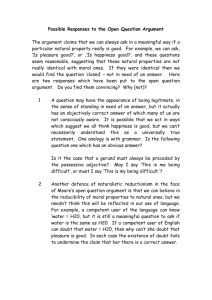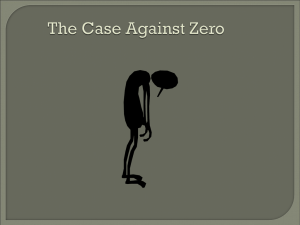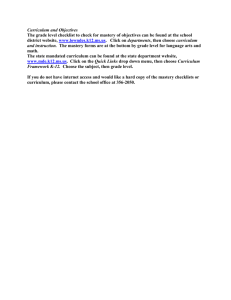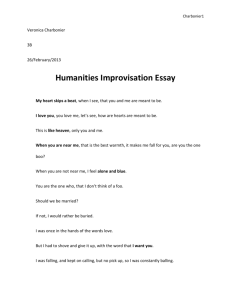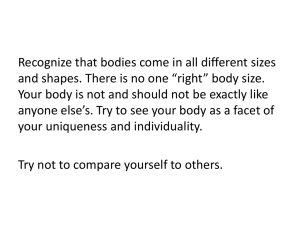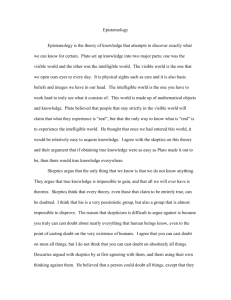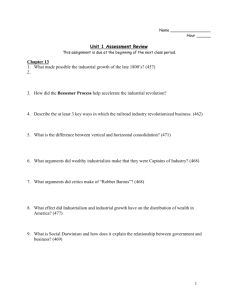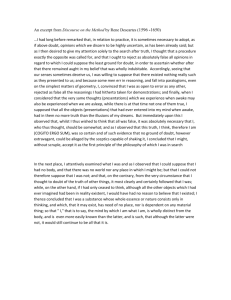Suggested Grading Standards for Comprehensive Exams in
advertisement
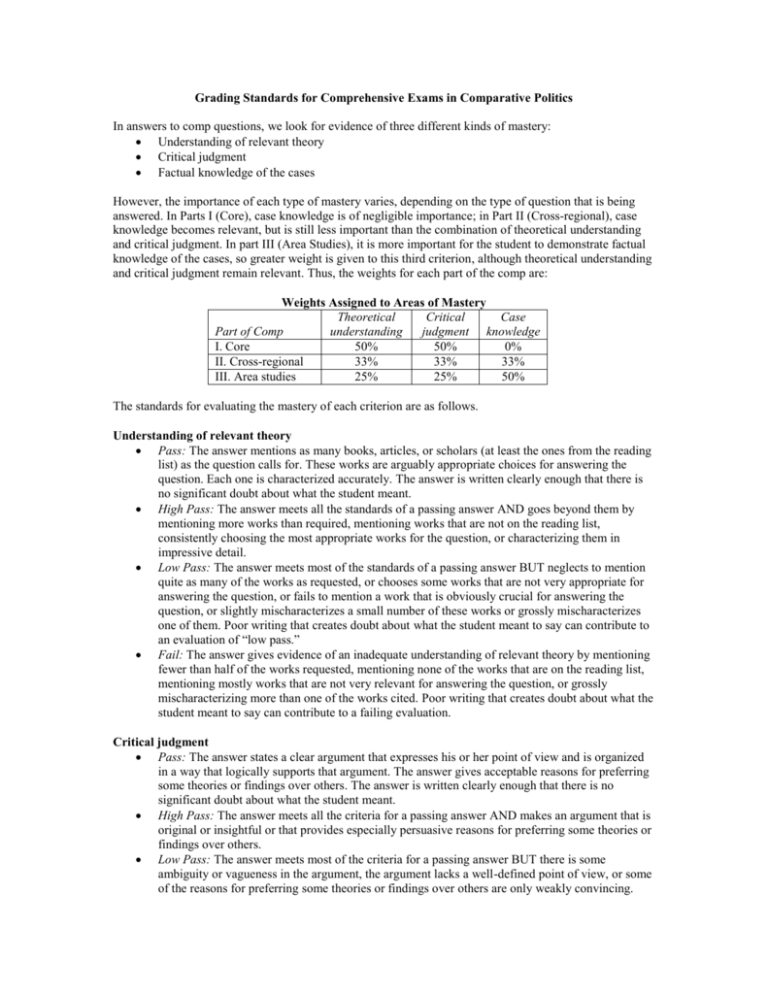
Grading Standards for Comprehensive Exams in Comparative Politics In answers to comp questions, we look for evidence of three different kinds of mastery: Understanding of relevant theory Critical judgment Factual knowledge of the cases However, the importance of each type of mastery varies, depending on the type of question that is being answered. In Parts I (Core), case knowledge is of negligible importance; in Part II (Cross-regional), case knowledge becomes relevant, but is still less important than the combination of theoretical understanding and critical judgment. In part III (Area Studies), it is more important for the student to demonstrate factual knowledge of the cases, so greater weight is given to this third criterion, although theoretical understanding and critical judgment remain relevant. Thus, the weights for each part of the comp are: Weights Assigned to Areas of Mastery Theoretical Critical Case Part of Comp understanding judgment knowledge I. Core 50% 50% 0% II. Cross-regional 33% 33% 33% III. Area studies 25% 25% 50% The standards for evaluating the mastery of each criterion are as follows. Understanding of relevant theory Pass: The answer mentions as many books, articles, or scholars (at least the ones from the reading list) as the question calls for. These works are arguably appropriate choices for answering the question. Each one is characterized accurately. The answer is written clearly enough that there is no significant doubt about what the student meant. High Pass: The answer meets all the standards of a passing answer AND goes beyond them by mentioning more works than required, mentioning works that are not on the reading list, consistently choosing the most appropriate works for the question, or characterizing them in impressive detail. Low Pass: The answer meets most of the standards of a passing answer BUT neglects to mention quite as many of the works as requested, or chooses some works that are not very appropriate for answering the question, or fails to mention a work that is obviously crucial for answering the question, or slightly mischaracterizes a small number of these works or grossly mischaracterizes one of them. Poor writing that creates doubt about what the student meant to say can contribute to an evaluation of “low pass.” Fail: The answer gives evidence of an inadequate understanding of relevant theory by mentioning fewer than half of the works requested, mentioning none of the works that are on the reading list, mentioning mostly works that are not very relevant for answering the question, or grossly mischaracterizing more than one of the works cited. Poor writing that creates doubt about what the student meant to say can contribute to a failing evaluation. Critical judgment Pass: The answer states a clear argument that expresses his or her point of view and is organized in a way that logically supports that argument. The answer gives acceptable reasons for preferring some theories or findings over others. The answer is written clearly enough that there is no significant doubt about what the student meant. High Pass: The answer meets all the criteria for a passing answer AND makes an argument that is original or insightful or that provides especially persuasive reasons for preferring some theories or findings over others. Low Pass: The answer meets most of the criteria for a passing answer BUT there is some ambiguity or vagueness in the argument, the argument lacks a well-defined point of view, or some of the reasons for preferring some theories or findings over others are only weakly convincing. Poor writing that creates doubt about what the student meant to say can contribute to an evaluation of “low pass.” Fail: The answer gives evidence of an inadequate understanding of relevant theory by failing to make an argument, making an inconsistent argument, refraining from evaluating the works discussed, lacking minimal logical organization, giving few or no reasons for accepting or rejecting other theories or findings, or sometimes doing so for reasons that are demonstrably false. Poor writing or poor organization that creates doubt about what the student meant to say can lead to a failing evaluation. Case knowledge Pass: The answer shows evidence that the student has sufficient factual knowledge of at least three countries with respect to the assigned topic to give a well-informed opinion. There should be evidence that the student can place events in a broader historical context. Statements of fact are accurate, though not necessarily precise or detailed. The answer is written clearly enough that there is no significant doubt about what the student meant. High Pass: The answer meets all of the criteria for a passing answer AND covers more countries than required or goes into impressive detail. Low Pass: The answer meets most of the criteria for a passing answer BUT does not display knowledge of at least three countries, or suggests a lack of contextual knowledge, or contains a factual inaccuracy, or is sometimes cryptic or vague or lacking in relevant details. Poor writing that creates doubt about what the student meant to say can contribute to an evaluation of “low pass.” Fail: The answer gives evidence that the student had only a superficial knowledge of the countries discussed. Such evidence could include the failure to provide minimal relevant details about one or more countries, a surfeit of irrelevant case knowledge, multiple factual inaccuracies, or extreme vagueness. Poor writing that creates doubt about what the student meant to say can lead to a failing evaluation. An answer should be rated as failing overall if it fails with respect to any of the two or three relevant areas of mastery. If it is not failing in any respect, its grade should reflect the grades on each relevant area of mastery, weighted as indicated in the table. For those who wish to average these grades numerically, a High Pass should be counted as 4, a Pass as 3, and a Low Pass as 2. If a comp question has multiple parts, it may be appropriate to grade each part separately and then average them to get a grade for the answer. For this purpose, a failing grade on a part of a question corresponds to a numeric grade of zero for that part, which may be averaged with grades on other parts of the question. If the grade for the answer averaged over its various parts is less than 2.0, the answer should count as a failure overall. An overall comp may be judged failing if the student fails to demonstrate mastery of any of the three areas—theoretical understanding, critical judgment, or case knowledge—in the exam as a whole, even if all three answers are passing. Similarly, if a student fails one question on the comp, he or she should be required either to retake the comp or to write an essay. Normally the option of writing an essay is available only if the answers to two of the questions are strong. The field is not obligated to offer this option; it is only available at the field’s discretion. If an essay is allowed, it should be handed in and graded within three weeks of the initial decision to allow the student time to prepare to take the exam again in the event of a failure.

